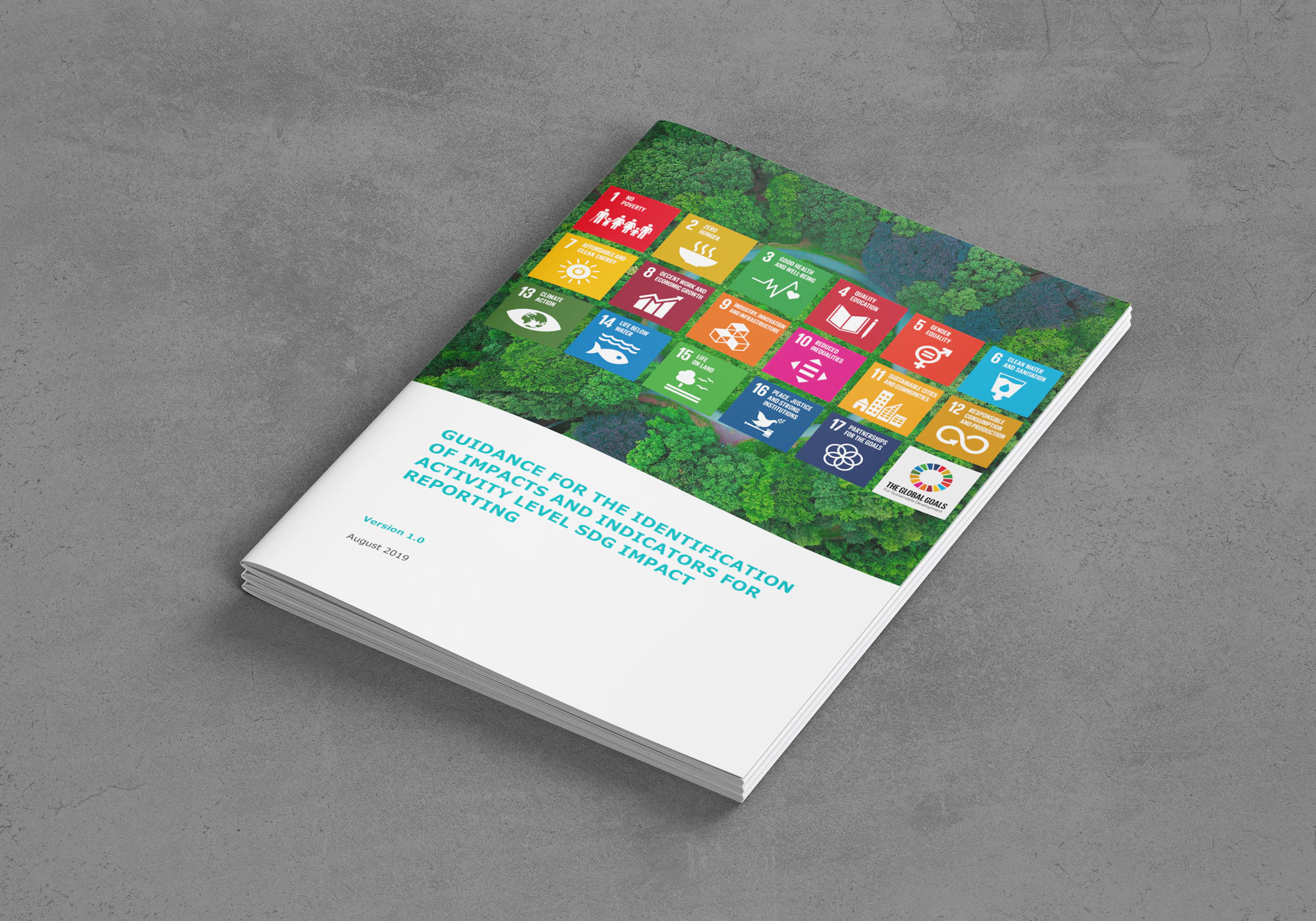To identify SDG impacts and indicators for impact reporting of climate action

Gold Standard and partners are pleased to publish a new guidance document to inform development of user-friendly tools that will help project developers capture the full range of their projects' contributions toward the Sustainable Development Goals (SDGs), while also guarding against overclaiming, or "SDG washing."
Why is this important?
While setting a clear end zone for the future we want, the SDGs were designed for national governments. As a result, the targets and indicators are often not applicable at the organisational, project, or activity level, introducing inconsistencies in impact reporting and barriers to aggregating the impact from action to global progress. More specifically for Gold Standard stakeholders, the ascendance of sustainable development in carbon markets -- great news for local communities and our global society and ecosystems -- has also led to increasing cases of "SDG washing." Overclaiming, or citing positive impacts from projects that have not followed safeguards, engaged stakeholders, or verified their positive contributions, poses a threat to market credibility that is important to mitigate.
What you can you find in the guidance?
This document sets out the key principles that will shape the development of SDG impact quantification and reporting tools tailored for different climate actions, with specific indicators linked to the SDGs, relevant and applicable by project type and sector. These principles will help ensure that the range of tools are developed consistently and with integrity. While Gold Standard stakeholders are likely most interested in the tools applicable in project development in carbon markets, the guidance can inform impact assessment of climate impact more broadly.
How this helps you?
- Project developers - Capture the full impact of your project more simply, with consistent indicators per activity type that are easier to monitor over time.
- Civil society and other market participants - Put simply, market credibility. Consistent, comparable, and credible SDG impact reporting demonstrates the value-add of robust climate action and can strengthen carbon markets.
- Carbon credit buyers - Gain confidence on objective comparisons of project performance -- avoiding the risk of overclaiming what your investment has achieved -- and benefit from new impact visualization tools in development.
Next steps
Gold Standard issued an open call for co-creation of these activity-specific SDG Tools based on this guidance in May 2019. We are still accepting expressions of interest until 6 September 2019. Please contact [email protected].
We will commence development of the first tools – for community activities – in mid-September 2019. Development of the other two activity types (Land Use and Renewable Energy) will kick off in October and November, respectively. We expect to begin piloting use of these tools with project developers in Q1 of 2020to gather input for finalisation and deployment into online tools.
View more information on the SDG tools programme
Acknowledgements
This work emerges from the collaboration between Gold Standard and the UNFCCC Secretariat to help non-governmental stakeholders transparently and independently assess and report the impact of their climate initiatives and their contributions towards the SDGs. We wish to express our gratitude for the efforts and expertise shared by our partner organisations.

